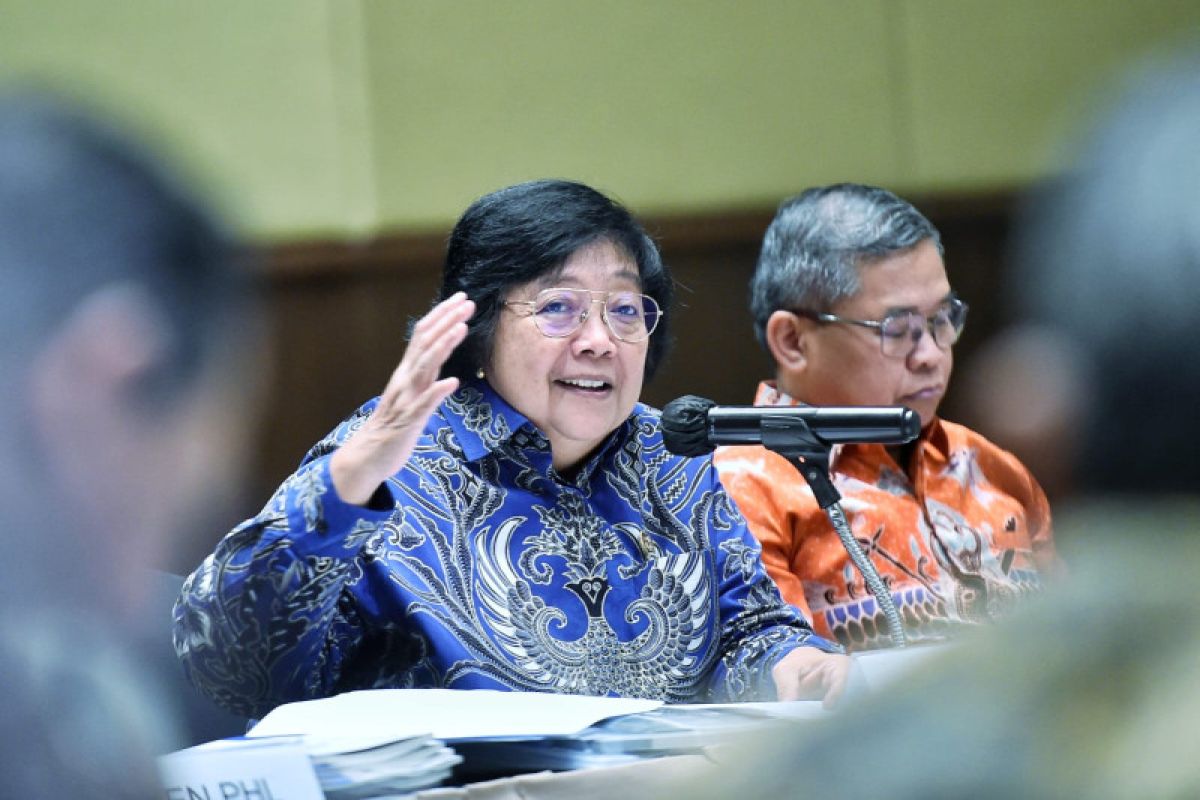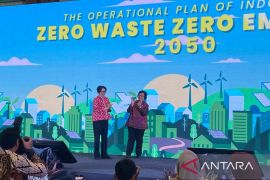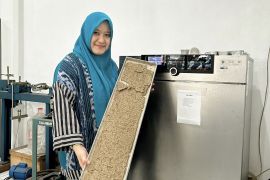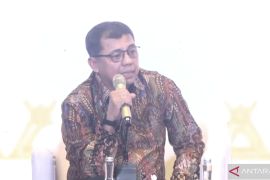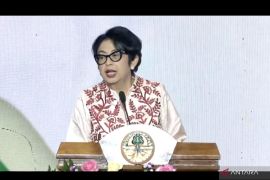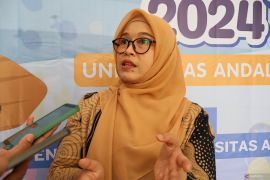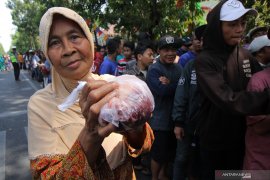"The existence of waste bank can be one of the entryways for the selection of waste at the source, determining the availability and quality of waste as recycling material as an effort to fulfill domestic recycling industry's raw materials," she added.
Waste banks can also serve as strategic partners in the implementation of producers' obligations regarding waste reduction, Nurbaya said here on Tuesday.
Waste banks are among the alternative waste collection centers. The forms waste banks can take cover a broad spectrum, starting from enterprises, and communities, to regional public service agencies operated by regional governments.
According to Minister Nurbaya, the willingness to sort waste at home has to be followed by sorted collection facilities, which can serve as a place for off-takers to purchase clean and sorted waste as recycling materials.
"Government and regional governments should encourage waste banks to become more professional in terms of management in relation to the circular economy," she said.
"This means that waste banks should be consistent in providing sorted waste materials of good quality," she added.
She said she expects that the ecosystem tools for the circular economy would develop well, which would make waste utilization not only economically beneficial for the public, but also reduce waste accumulation at landfills.
According to data from the National Waste Management Information System (SIPSN), in 2022, Indonesia produced around 68.5 million tons of waste and plastic accounted for around 18.5 percent of the waste.
Meanwhile, the performance achievement of national waste management reached 66.58 percent, with 18.63 percent of the waste reduced and 47.95 percent managed.
The data illustrates that 33.42 percent of waste in Indonesia is still not being properly managed.
Therefore, actions to handle waste to realize Clean Indonesia by 2025 are everyone's responsibility, starting from central government, regional governments, producers, private sector, and all elements of society.
Related news: Optimization of waste banks necessary: ministry
Related news: Waste banks can help cut greenhouse emissions: ministry
Translator: Sugiharto P, Fadhli Ruhman
Editor: Rahmad Nasution
Copyright © ANTARA 2023
